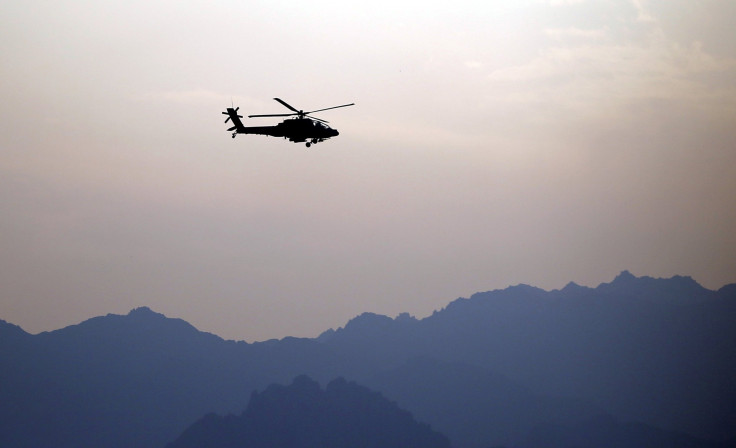US Backs Joint Arab Military Force To Counter Security Threats In Middle East

The United States supports Arab League’s plan to form a joint military force to counter growing security threats and Islamic extremism in the Middle East, and the Pentagon is willing to cooperate, if needed, U.S. Defense Secretary Ash Carter said on Monday.
During a meeting with U.S. military leaders in Kuwait several weeks ago, Carter was told that regional members of the U.S.-led coalition fighting the Islamic State group in the Middle East should be encouraged to strengthen their efforts to defeat the extremist group, Reuters reported.
“So I think if they are willing to do more, in this case with respect to Yemen, then that is a good thing because ultimately it is their region,” Reuters quoted Carter, as saying.
Carter’s statement came a day after Arab League’s 22 members announced at the Arab Summit in Sharm el-Sheikh, Egypt, on Sunday that they had agreed to form a combined military force to deal with growing security threats to Arab nations.
The combined military force is expected to consist of up to 40,000 highly trained troops, who will also be supported by fighter jets, warships and light armor, the Associated Press reported, adding that all 22 member nations of the Arab League were not likely to join the proposed force.
Carter said the Pentagon would cooperate with the new force, pointing to the bilateral security ties that already bind the U.S. with many of the Arab nations such as Saudi Arabia and Bahrain.
“These are partners and security allies of ours, and when they act in a way that we regard as in our interests as well as theirs we will continue to partner with them as we have been in other matters,” he said.
A Saudi Arabia-led coalition is also currently carrying out airstrikes in Yemen against the Shiite Houthi rebels, who are believed to have received arms and training from Iran. The militants have captured the country’s capital Sanaa and forced Yemeni President Abed Rabbo Mansour Hadi to flee the country and take refuge in Riyadh.
© Copyright IBTimes 2025. All rights reserved.






















